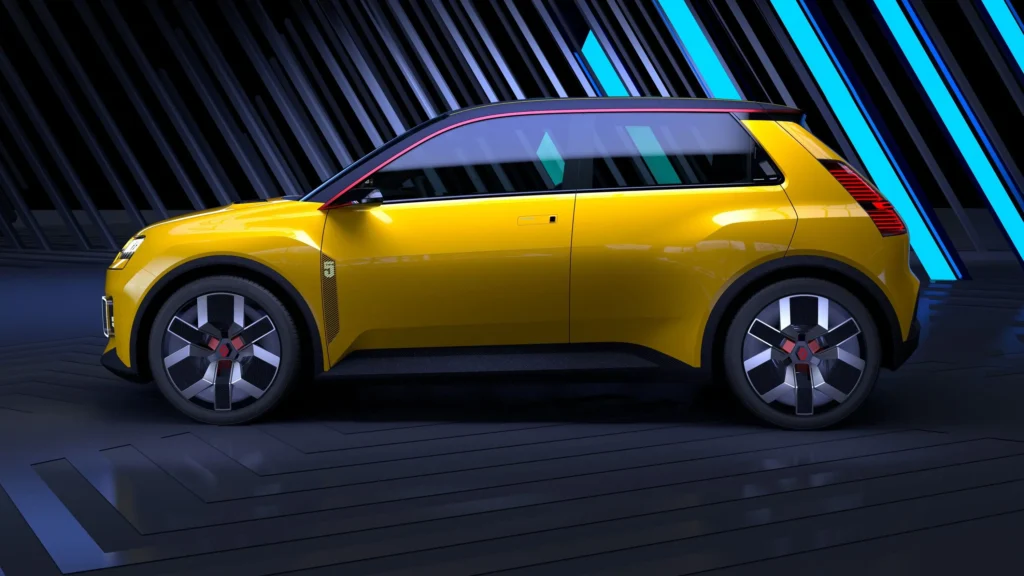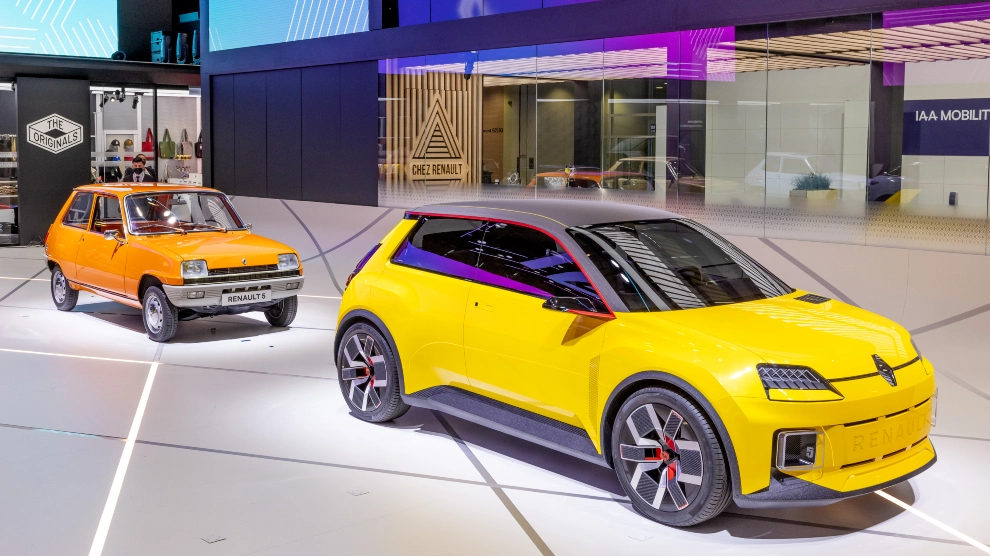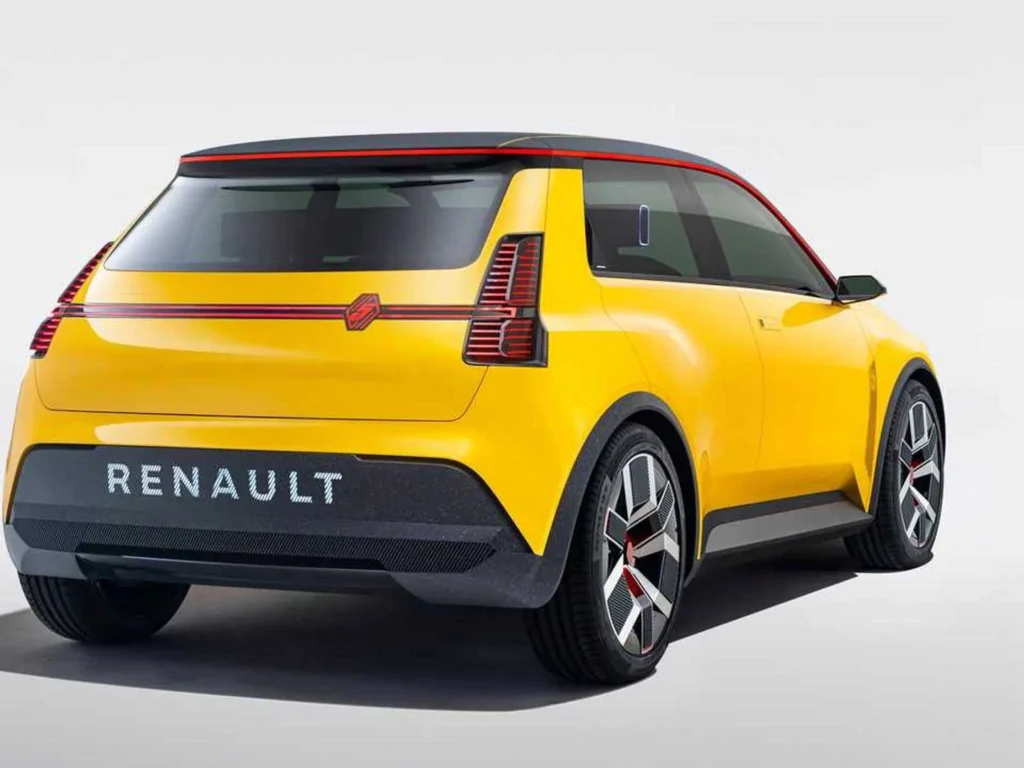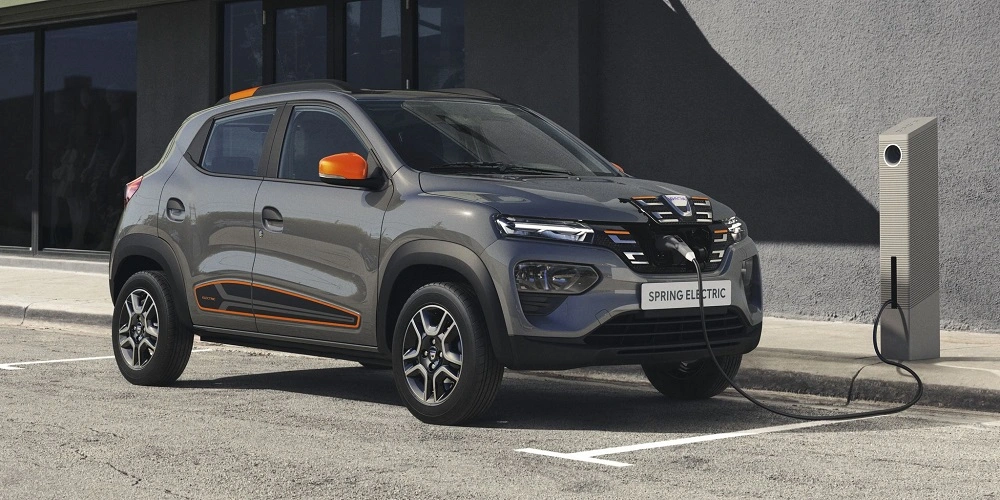Just days ago, the French government announced the creation of a social leasing program for electric vehicle rentals at €100 per month.
While the plan was expected to kick off this autumn, authorities have opted to defer its implementation until the first quarter of 2024.
This decision comes down to a lack of zero-emission cars meeting the requirements for social leasing, which stipulates a cost below €25,000 and European manufacturing.
Currently, only two models meet these criteria: the Twingo E Tech and the Citroën ë-C3.
While both models meet the aforementioned requirements, they may not be able to participate in the program immediately.
The Twingo E-Tech will cease production by 2024, and the Citroën ë-C3 lacks available units to meet the program’s demand.
Moreover, some manufacturers are awaiting confirmation of the viability of social leasing, as there’s speculation that they might offer their electric vehicles at prices lower than the market rate.
Additionally, coordination with rental companies will be essential to determine the capacity to guarantee the policy’s defined scope.
The French government stated that “efforts are being made to address the issues that had delayed the program.“
It’s worth recalling that the target audience for this policy includes families with annual incomes below €18,000.
This implies a total pool of 200,000 eligible families in the coming years.
To this end, the government has allocated €200 million.
Renault 5: Will it be Included in Social Leasing?
Given that the Renault Twingo E-Tech will no longer be produced at the Slovenia plant, there are speculations regarding the inclusion of the Renault 5 in the social leasing program model.
This model will be manufactured in France starting in 2024 and is expected to cost around €22,000.
Production will take place at the Flins plant in the west of the country, with a production capacity of 100,000 units per year.



As for its features, the Renault 5 will have a range of up to 400 kilometers and will be available in three- and five-door versions.
This launch represents the revival of a significant model in Renault’s history.
The initiative will create 1,000 jobs and involve an investment of €2 billion.
It’s noteworthy that the Flins plant currently produces the Renault Zoe, one of the best-selling electric car in France.
According to the European Automobile Manufacturers Association (ACEA), 12,182 units of this model were sold in the country in 2023.
These figures mark a 56% decline compared to 2022, when 27,575 units were sold.
The Renault Zoe was the best-selling zero-emission vehicle in France in 2015, 2016, 2017, 2020, and 2021.
However, in 2022, the model was surpassed by the Dacia Spring due to its affordability.
The decline in Renault Zoe’s sales can be attributed to a variety of factors, including competition from cheaper cars and a lack of model updates.
Electromobility with Strains
To achieve the goal of transitioning vehicle sales to electric cars by 2035, the government aims to popularize the adoption of this technology.
However, this aspiration faces tensions when it comes to protecting the domestic industry and meeting environmental objectives.
The fact is that a large portion of zero-emission cars in the French market originate from China.
Due to their lower cost, Chinese vehicles compete with local offerings.
However, given their “high carbon footprint in production,” the French government announced that, from 2024 onwards, electric cars manufactured in China and the United States will need to meet a series of requirements to qualify for state incentives.
Additionally, they will not be eligible for ecological bonuses, ranging from €5,000 to €7,000.
Read more: France hopeful about Tesla investment: “The dispute is with the USA and China”







